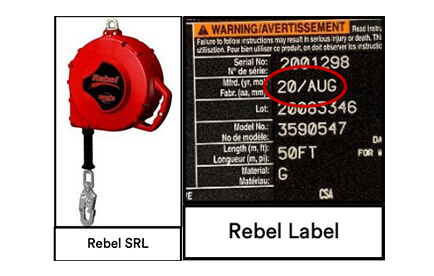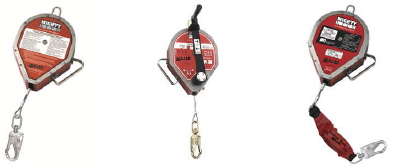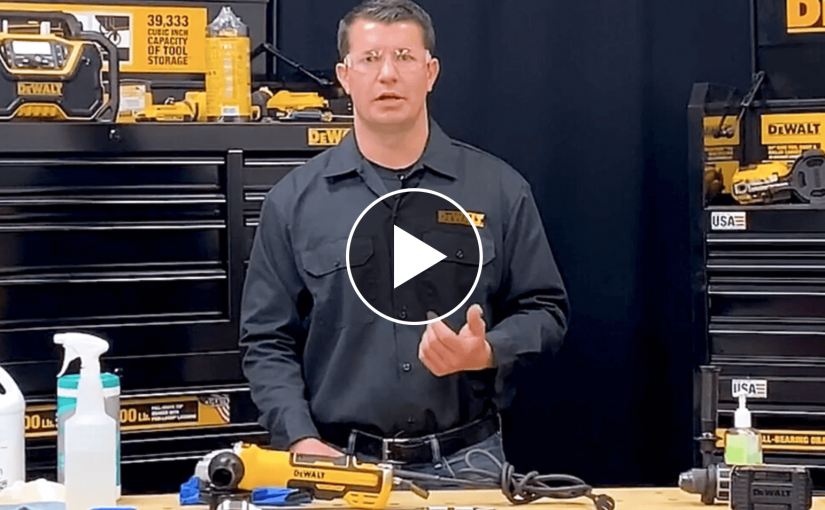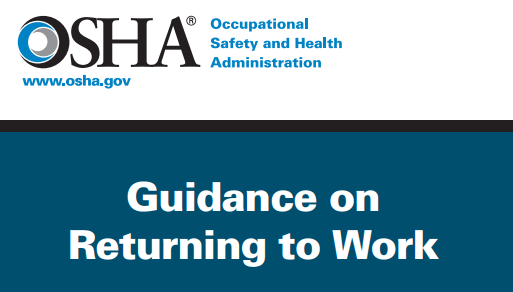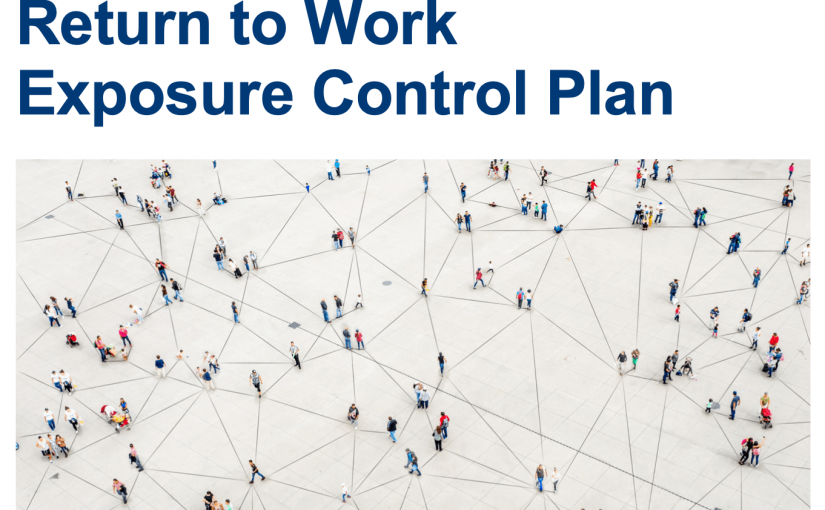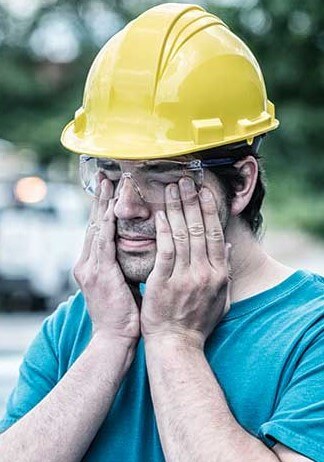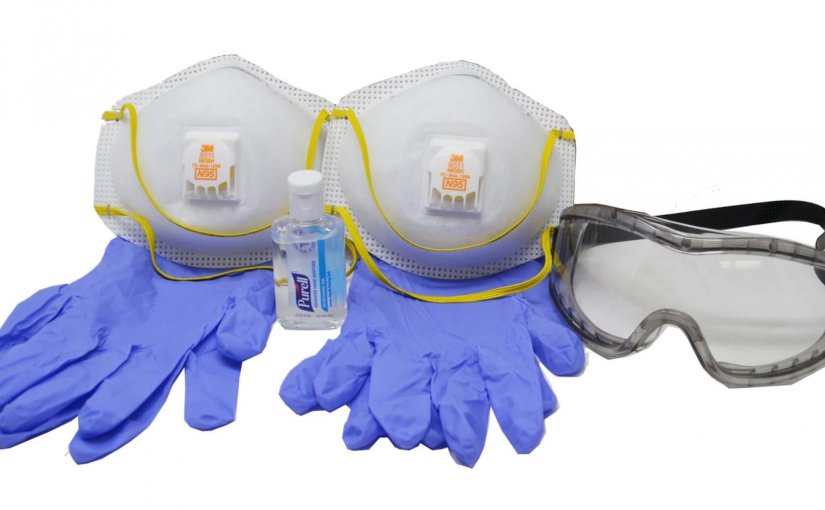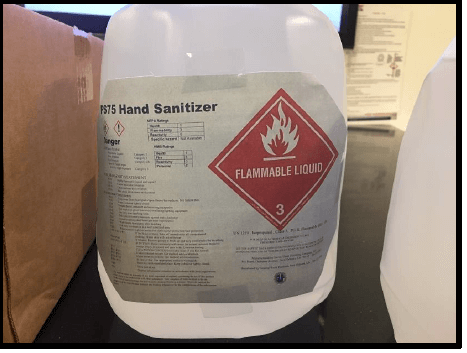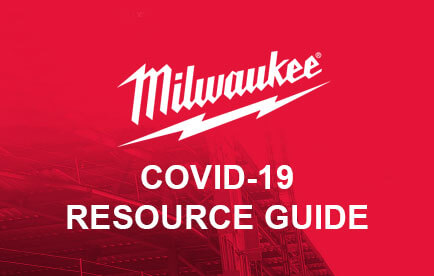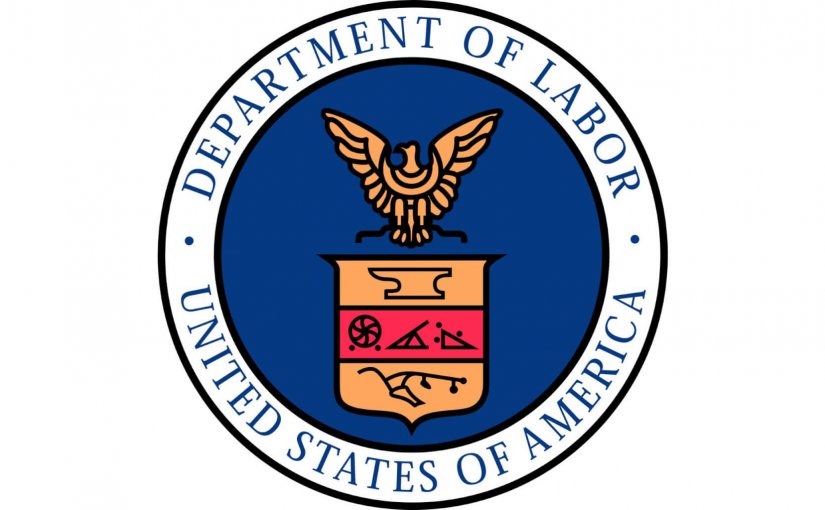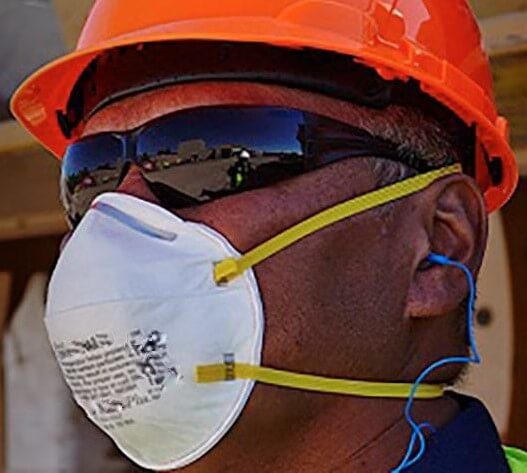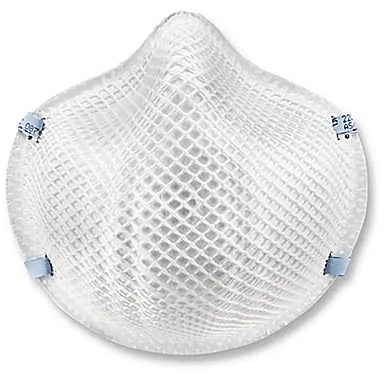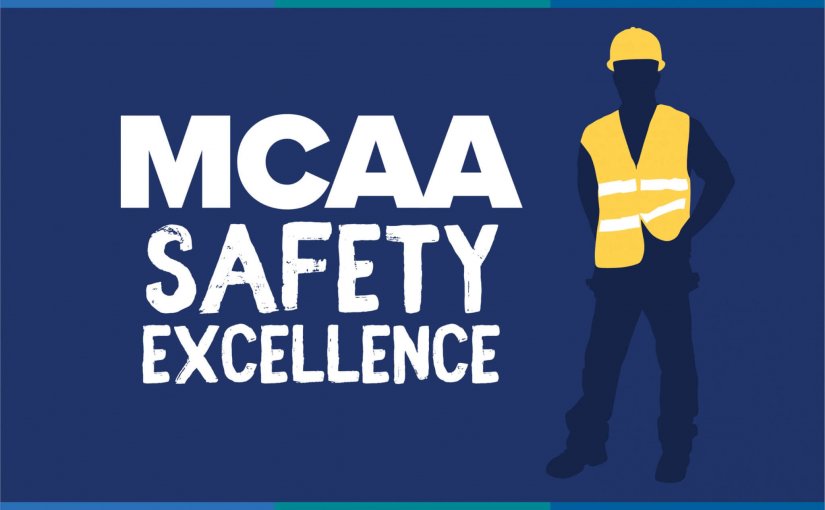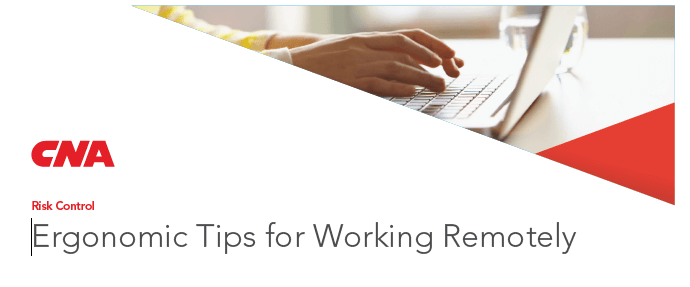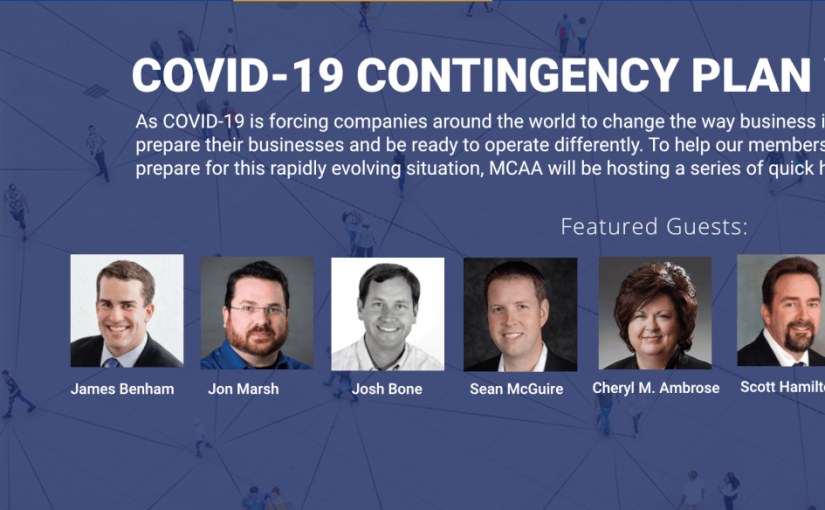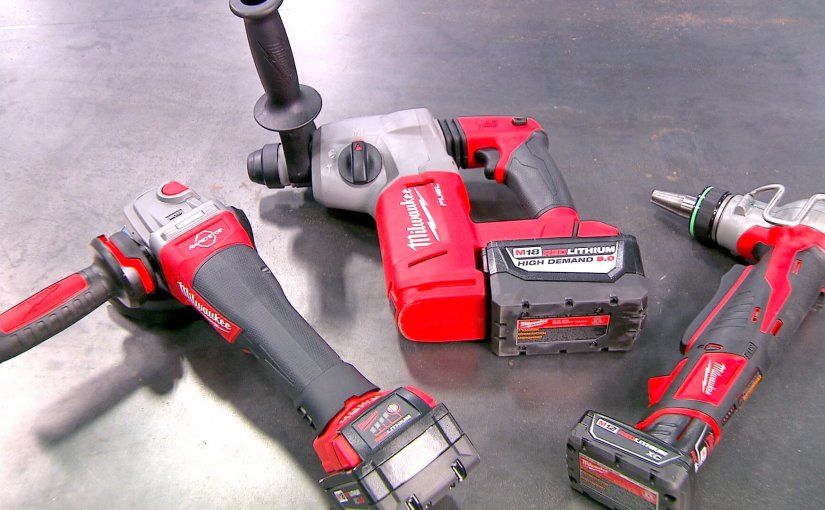Based on new COVID-19 research the CDC has recently changed their guidelines regarding discontinuing isolation for individuals with symptoms of the virus who are caring for themselves at home. The original guidelines for discontinuing isolation specified that at least 7 days had passed since symptoms first appeared and, at least 3 days (72 hours) had passed since recovery. Recovery is defined as resolution of fever without the use of fever-reducing medications and improvement in respiratory symptoms (e.g., cough, shortness of breath). The CDC’s change increases the period of recommended isolation by 3 days, from 7 to 10 days after symptoms begin. Please be sure to change your company’s COVID-19 exposure control plans accordingly.
FURTHER CLARIFICATION & EXAMPLES:
Worker has symptoms, but has not tested positive: Any employee who has not tested positive, but who exhibits symptoms of COVID-19 is required to stay off the jobsite until he or she is free of symptoms for 72 hours or more without the use of fever-reducing, or other symptom-altering medications.
Worker tests positive, but has no symptoms: Any employee who does test positive, but is symptom free may return to work when at least 10 days have passed since the date of his or her first positive test, and he or she has not had a subsequent illness.
Worker tested positive, has symptoms and is caring for self at home: Any employees who does test positive and is caring for him or herself at home may return to work when at least 72 hours have passed since recovery, and at least 10 days have passed since the symptoms first appeared.
Worker tested positive and has been hospitalized: Any employee who tests positive and has been hospitalized may return to work when permitted to do so by his or her medical care provider.
LEARN MORE
